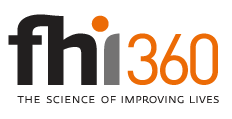State-of-the-art TB diagnosis
A critical step in minimizing tuberculosis (TB) transmission is the early identification and treatment of TB patients. More than 5,600 inmates of 10 prisons in Cambodia were systematically screened during a five-month period using chest X-ray, sputum examination and the new TB diagnostic Xpert® MTB/RIF, which is not as cumbersome as traditional diagnostics, gives results within two hours and detects drug resistance. All 104 prisoners who were diagnosed with TB began treatment; this will help to stop transmission among the prisoners and members of the general population with whom they come in contact.
Project: TB Care I
Funder: USAID






















